touchLearning Activities
Education, Conference Coverage and Articles

Dr Bram Verstockt, a clinician-scientist at KU Leuven and University Hospitals Leuven, shares insights into his journey into gastroenterology and his pioneering research in inflammatory bowel disease (IBD). In this interview, he explores the promise of precision medicine, noninvasive monitoring tools like intestinal ultrasound, and the need to better understand IBD heterogeneity to drive more personalized and effective patient care.

July delivered a broad range of important updates in immunology, spanning regulatory approvals, new therapeutic formulations, and key clinical trial results across autoimmune, inflammatory, and rare diseases. This monthly roundup highlights the most significant developments, including first-in-class oral therapies, expanded paediatric indications, and both positive and negative late-phase trial outcomes.

As part of our Future Leader series, we speak with Dr Varol Tunali, a researcher at Ege University Faculty of Medicine, about his pioneering work in parasitology and microbiome science. From investigating the clinical relevance of Blastocystis to exploring the role of AI in personalized medicine, Dr Tunali shares insights into the future of global health, and the values that continue to shape his scientific journey.

Dr Andreas Hadjinicolaou, Future Leader in gastroenterology, shares his journey at the intersection of clinical care and cutting-edge research in early cancer detection. In this Q&A, he reflects on balancing patient care with innovation, the technologies transforming the field, and his vision for more equitable, accurate, and proactive approaches to diagnosing gastrointestinal cancers.

In this episode, we speak with leading paediatric allergist Prof. Helen Brough to explore the key factors behind why some children develop allergies to foods such as peanuts, and what we can do to help prevent them. We also examine the latest developments in managing food allergies and the innovations on the horizon that could transform how we treat them.

Metabolic dysfunction-associated steatohepatitis (MASH) is a progressive liver disease driven by fat build-up and immune activation, often linked to obesity and diabetes. Emerging therapies target both metabolic and immune pathways, showing promise in reducing inflammation, improving liver function, and reversing fibrosis. These advances offer hope for better management of this complex disease.
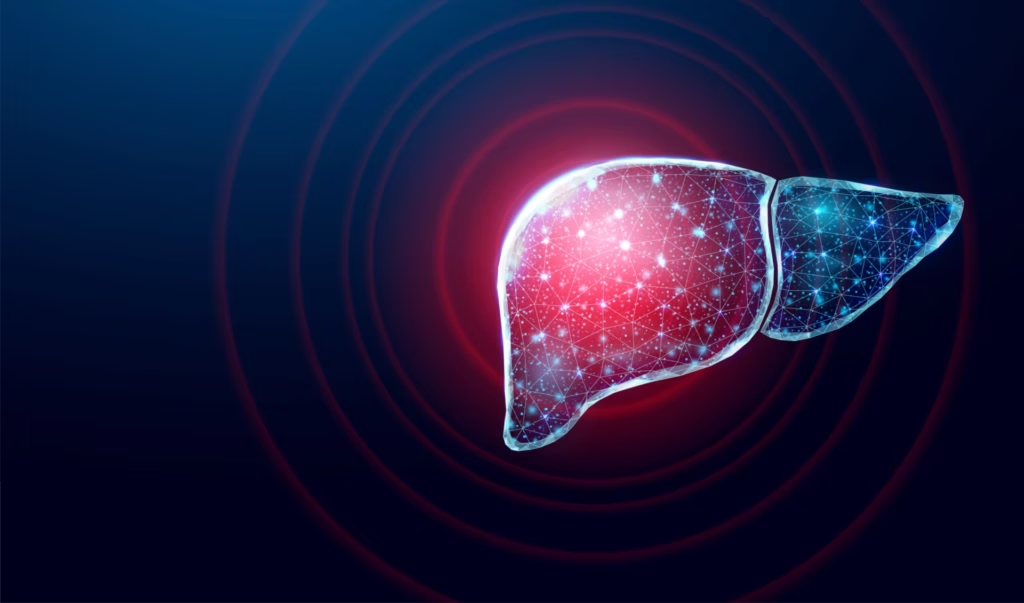
In this Future Leaders interview, Dr Moritz Peiseler shares how his work is reshaping our understanding of liver immunity through tools like intravital microscopy and AI-driven data analysis. He highlights the adaptive nature of immune cells in fibrotic tissue, the critical value of the clinician-scientist role, and the emerging potential of spatial and single-cell technologies. Dr Peiseler also offers thoughtful advice for young researchers aiming to bridge science and patient care.

The American College of Gastroenterology’s 2025 Crohn’s disease guidelines introduce key advancements in personalized care, diagnostics, and treatment. Highlights include genetic testing to guide therapy, adoption of intestinal ultrasound for non-invasive monitoring, and the inclusion of new biologics. Emphasizing shared decision-making and holistic care, the guidelines aim to improve outcomes by tailoring strategies to each patient’s unique profile and preferences.
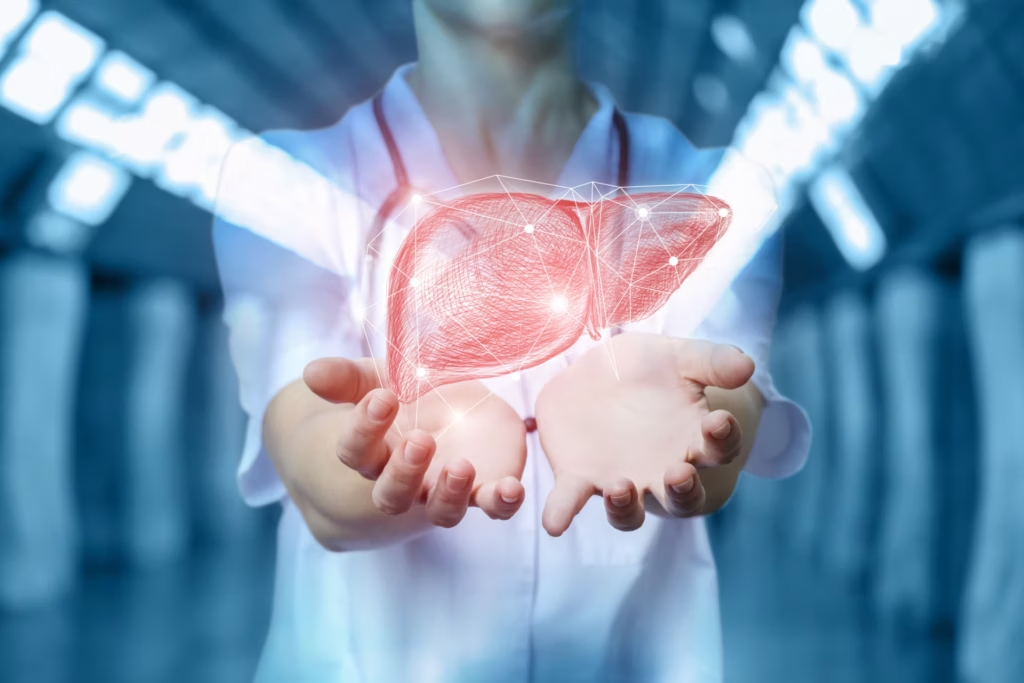
In this interview, EASL Secretary General Professor Debbie Shawcross discusses the growing burden of liver disease across Europe and the urgent need for early diagnosis, equitable care, and patient-centred approaches. She highlights how EASL is tackling these challenges through education, research, advocacy, and initiatives that bridge innovation and clinical practice to improve outcomes in hepatology.

touchIMMUNOLOGY coverage of EULAR 2025: The 2025 European Alliance of Associations for Rheumatology (EULAR) Congress brought together leading rheumatologists, immunologists, and allied healthcare professionals from across Europe and beyond. Running from June 11–14 in Barcelona, the conference showcased the latest advances in immune-mediated ...

RGB-19 Matches Tocilizumab in Efficacy and Safety: Promising Phase III Data from RA Biosimilar Trial
In this EULAR 2025 interview, Professor Ernest Choy (Cardiff University School of Medicine, UK) discusses the Phase III trial results of RGB-19, a proposed biosimilar to tocilizumab, in adults with active rheumatoid arthritis. He outlines the study’s design, key efficacy and safety findings, and the potential impact of biosimilars like RGB-19 on improving access to biologic therapies.

At EULAR 2025, Dr Marina Magrey presented week 52 data from the BE MOBILE 1 and 2 trials, highlighting comparable efficacy of bimekizumab in male and female patients with axial spondyloarthritis. Despite baseline sex differences in symptom duration and disease burden, over 50% of patients achieved ASAS40, supporting bimekizumab’s effectiveness across both radiographic and non-radiographic axSpA.

As part of our EULAR 2025 coverage, Dr Dinesh Khanna discusses early findings from the Breakfree-1 trial investigating BMS-986353, a next-generation CD19 CAR T-cell therapy, in severe, treatment-refractory autoimmune diseases. In this exclusive interview, Dr Khanna explores the rationale, mechanism, and encouraging early results in systemic sclerosis, highlighting robust CAR T expansion, immune reset, and meaningful clinical improvements in skin and lung outcomes.
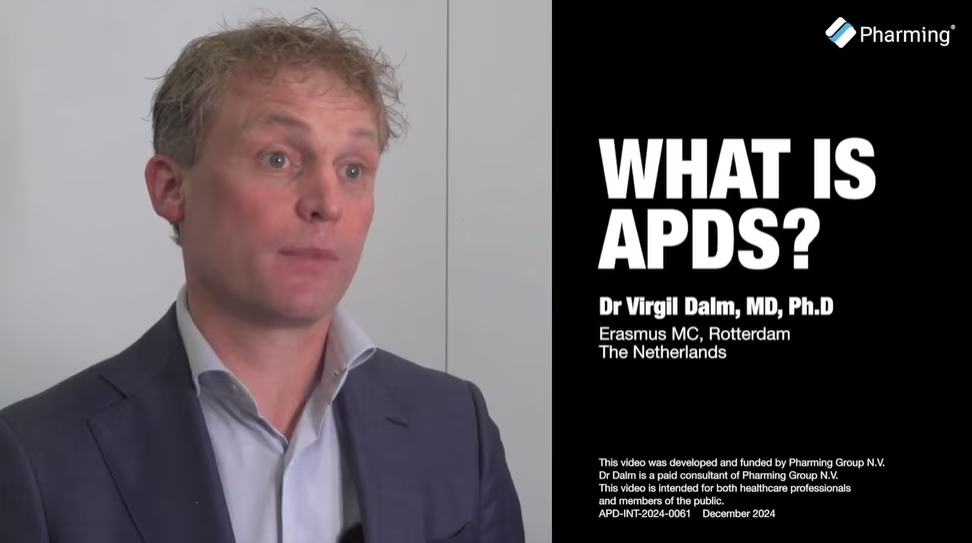
Watch consultant immunologists Dr Dalm and Dr Chandra outline what APDS is, the common features of this disease and option for diagnosis, treatment and management.
APD-INT-2024-0060 Date of Preparation: June 2025

The Phase II ARGO trial evaluated the IL-17A and IL-17F inhibitor sonelokimab in psoriatic arthritis, showing promising clinical efficacy and significant improvements in patient-reported outcomes (PROs). In this interview, Prof. Laure Gossec highlights how sonelokimab reduced disease burden and improved quality of life, emphasizing the importance of PROs in assessing treatment effectiveness and guiding future development.
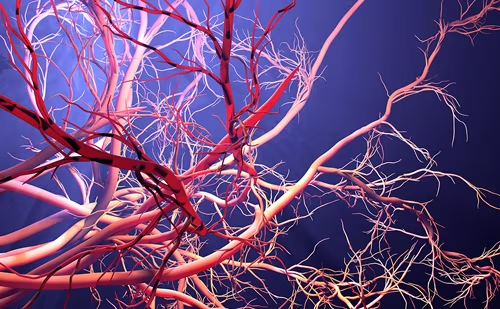
This interview with Dr Brian Jaros, part of our Future Leaders series, highlights his journey into vasculitis, his passion for medical education, and his outlook on the evolving landscape of rheumatology. He shares insights on mentorship, research, and the importance of leading with enthusiasm to inspire the next generation of clinicians.
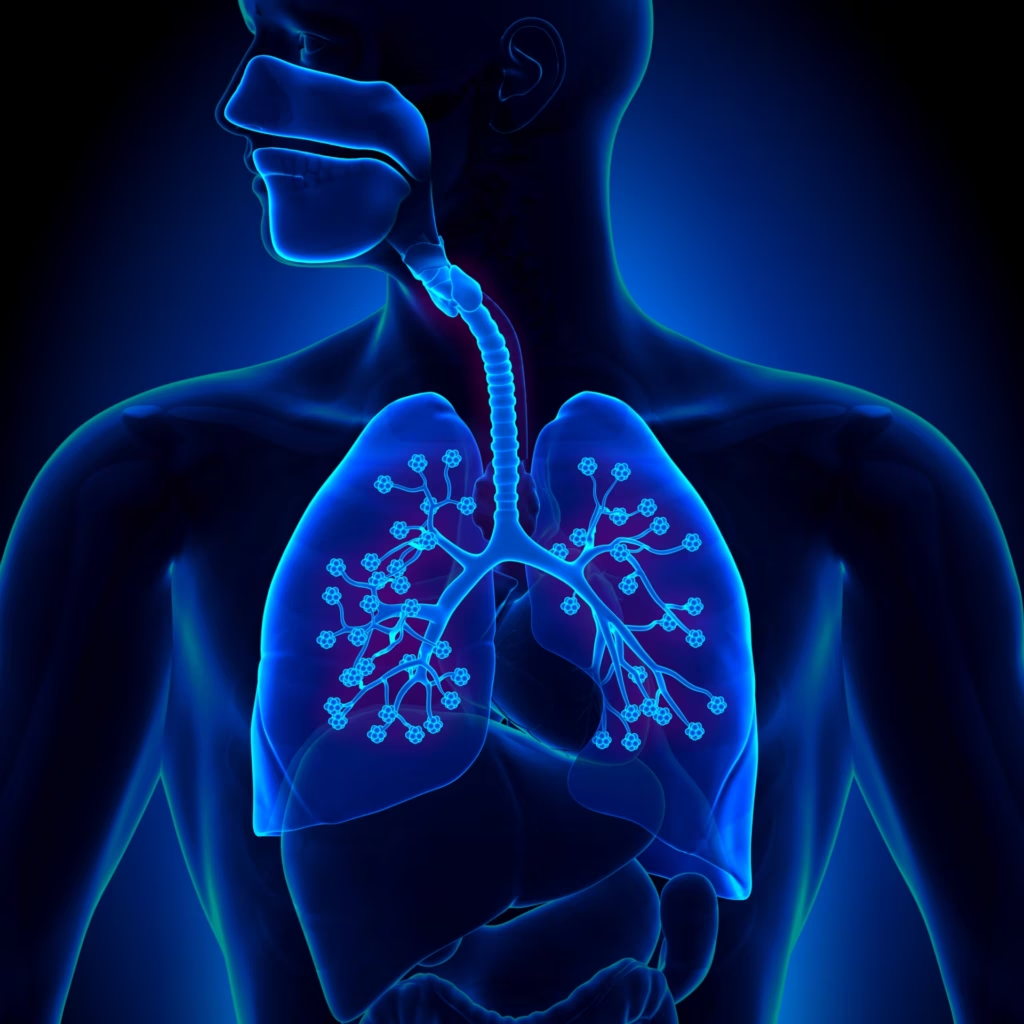
Interstitial lung disease (ILD) is a common and potentially fatal complication of systemic autoimmune rheumatic diseases (SARDs), such as rheumatoid arthritis (RA) and systemic sclerosis (SSc). ILD may be the first sign of disease or develop later, often with variable clinical courses. Early detection is critical, as delayed diagnosis contributes to poor outcomes. In response, the 2023 American College of Rheumatology (ACR) guidelines emphasize routine screening and risk-based strategies to improve identification and management of SARD-associated ILD (SARD-ILD).

 touchIMMUNOLOGY
touchIMMUNOLOGY
Register Now!
Explore the latest in medical education and stay current in your field. Create a free account to track your learning.
- Save your progress for video
- Keep track of your CME credits
- Add personalised learning notes
- Receive updates from course leaders and faculty
- Be the first to hear about new and exciting interactive learning opportunities
Latest articles videos and clinical updates - straight to your inbox
Log into your Touch Account
Earn and track your CME credits on the go, save articles for later, and follow the latest congress coverage.
Register now for FREE Access
Register for free to hear about the latest expert-led education, peer-reviewed articles, conference highlights, and innovative CME activities.
Sign up with an Email
Or use a Social Account.
This Functionality is for
Members Only
Explore the latest in medical education and stay current in your field. Create a free account to track your learning.

